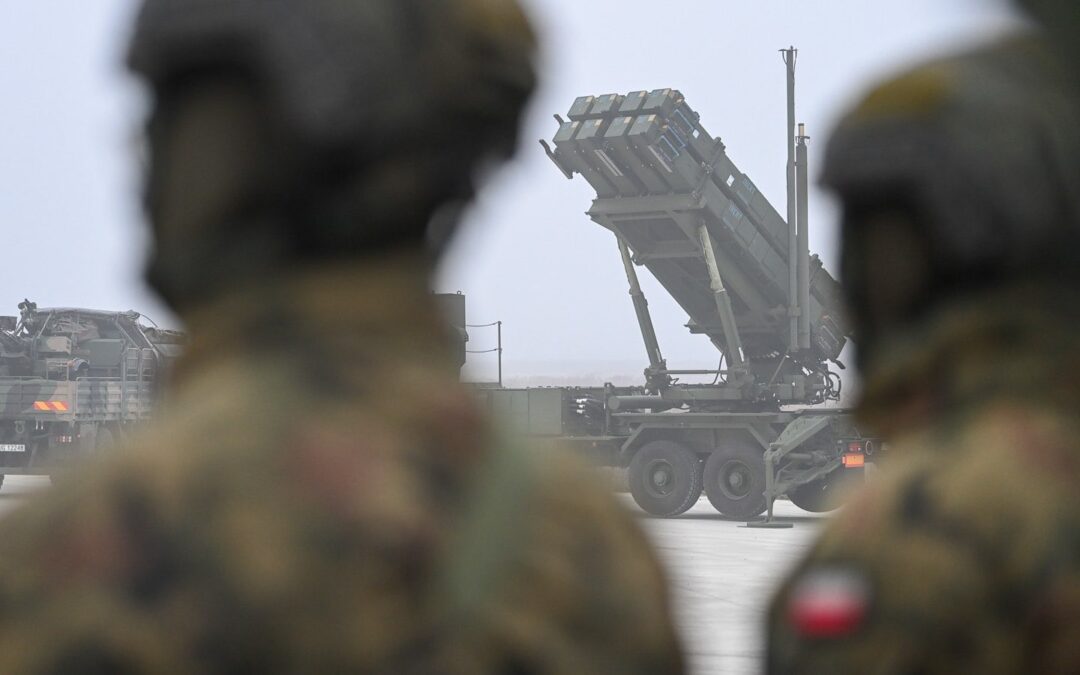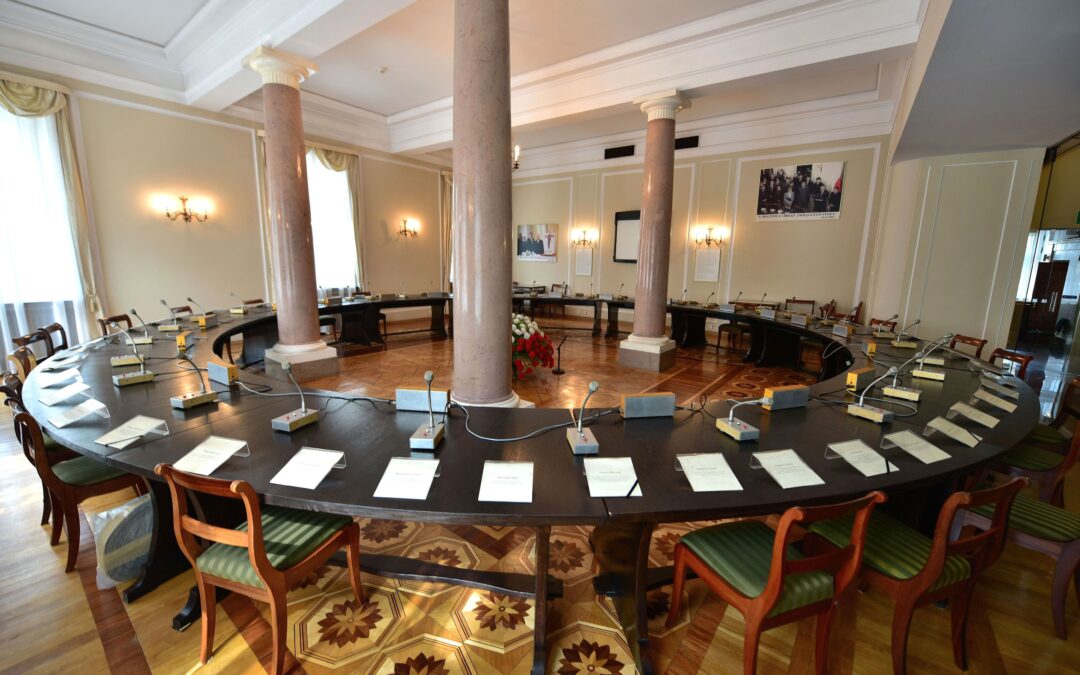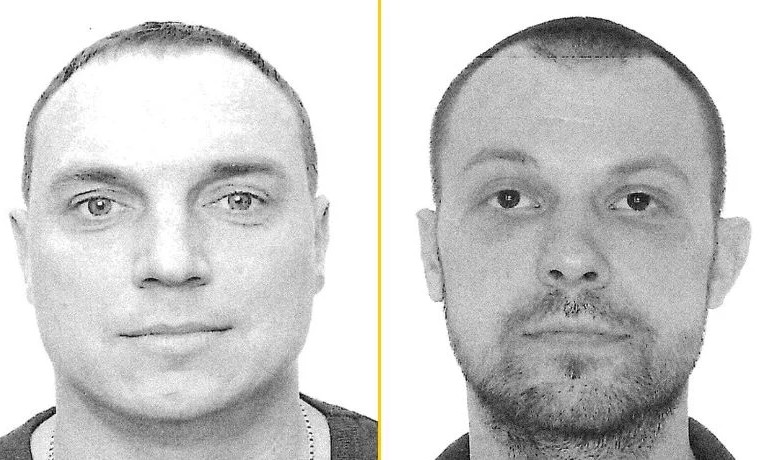The recent deadly floods in Central Europe were made more likely and more intense by human-induced climate change, a group of scientists have found. They warn that the region should prepare for more regular and even heavier rainfall events in the future as global temperatures continue to rise.
The report was published on Thursday by World Weather Attribution (WWA), a group of scientists from various institutions – including Princeton University, Imperial College London and the Royal Netherlands Meteorological Institute – who assess the impact of climate change on extreme weather events.
Ulewy, które wywołały powodzie w Polsce i regionie były nie tylko silniejsze, ale też bardziej prawdopodobne przez zmianę klimatu – udowodnili naukowcy. Jeśli nie zatrzymamy ocieplenia, to takie opady będą w przyszłości jeszcze groźniejsze – pisze @PStrzalkowski pic.twitter.com/IMptm5WrIf
— Gazeta.pl (@gazetapl_news) September 25, 2024
Their researchers sought to do so for the recent floods that have hit parts of Poland, the Czech Republic, Slovakia, Austria, Germany, Romania and Hungary. The disaster has caused huge damage and has claimed at least 24 lives.
WWA notes that the rainfall event “is by far the heaviest ever recorded” and would be expected to happen only once every 100 to 300 years. But they add that “heavy four-day rainfall events have become about twice as likely and 20% more intense since the pre-industrial era” in the region.
Their models indicate that human-induced climate change is responsible for the entirety of that doubled likelihood of such events happening and for a 7% increase in their intensity. They add that those estimates are “conservative” and the actual impact of human-induced climate change may be even higher.
Sorry to interrupt your reading. The article continues below.

Notes from Poland is run by a small editorial team and published by an independent, non-profit foundation that is funded through donations from our readers. We cannot do what we do without your support.
In a scenario where global temperatures – which are currently 1.3°C warmer than at the beginning of the industrial period – rise to 2°C warmer, climate models predict that the Central Europe region will see a further 50% increase in the likelihood of such extreme rainfall events and a 5% increase in their intensity.
WWA warns that their findings “underscore the need for further enhancements to account for climate change in enacting flood defences, and improving risk communication and emergency response plans”.
Their study chimes with warnings issued by Polish climate scientists. Mateusz Grygoruk, a professor at the Warsaw University of Life Sciences and and vice-chairman of the State Water Management Council, said last week that “climate change has 100% had an impact on the floods”.
Artificially straightened rivers have created conditions that worsen flooding in Poland.@WojciechKosc looks at grassroots initiatives to restore rivers to their natural state in order to protect against floods and droughts as well as sustain biodiversity https://t.co/7egIhFOmCG
— Notes from Poland 🇵🇱 (@notesfrompoland) September 19, 2024
“I have no doubt that climate change is the direct cause of the flood….There is no need to look for any other reasons,” he told Nauka o Klimacie, a website focusing on climate news and analysis. “Such high rainfall and air circulation have never occurred in our country at this time of year.”
Grzegorz Walijewski, deputy director of the National Hydrological Protection Centre, also notes that Poland has recently been experiencing both droughts and floods simultaneously in different parts of the country
He told broadcaster TVN that this was a result of climate change, with higher temperatures resulting in greater “energy in the atmosphere that is released either through very intense, short-term, stormy rainfall, or through high temperatures” that result in droughts.
The water level in the Vistula, Poland’s longest river, has fallen to a record low of 25 cm in Warsaw amid an ongoing heatwave.
The level is forecast to drop further in the coming days amid continued warm, dry weather around the country https://t.co/WY0h4ApJAo
— Notes from Poland 🇵🇱 (@notesfrompoland) September 8, 2024
Earlier this month, ClimaMeter – an EU-funded research group – likewise found that the rain in Central Europe responsible for the floods was “mostly ascribed to human-driven climate change”.
Poland is itself among the EU’s largest contributors to emissions, with the country still reliant on coal for around two-thirds of power generation, by far the highest figure on the continent. In 2022, Poland was ranked as the EU’s least green country.
In response to the latest floods, Poland’s government has declared the country’s first ever “state of natural disaster”, allowing the authorities to take special measures to tackle the crisis. On Tuesday, Prime Minister Donald Tusk announced that the government would mobilise 23 billion zloty (€5.4 billion) for reconstruction.
Major floods have prompted Poland's government to introduce a state of natural disaster for the first ever time.
Legal expert @J_Jaraczewski explains what powers this will grant the authorities and what restrictions it will place on freedoms and rights https://t.co/gSfN4ycA6c
— Notes from Poland 🇵🇱 (@notesfrompoland) September 19, 2024
Main image credit: Czach/Wikimedia Commons (under public domain)

Daniel Tilles is editor-in-chief of Notes from Poland. He has written on Polish affairs for a wide range of publications, including Foreign Policy, POLITICO Europe, EUobserver and Dziennik Gazeta Prawna.



















